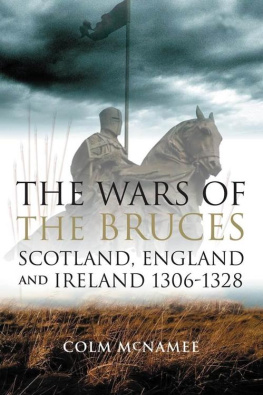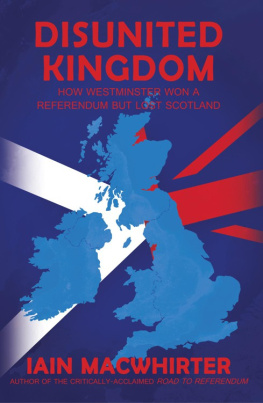Contents
T. M. Devine
INDEPENDENCE OR UNION
Scotlands Past and Scotlands Present
For Lady C; has always been a real lady
Preface
As this is written in early summer 2015,conventional wisdom has it there is only one significant Scottish Questionin UK politics, namely whether or not Scotland will remain within the United Kingdom orbecome an independent sovereign state. This was the option put to the people of Scotlandin the referendum of 18 September 2014. They answered by a majority of around 10 percent of those who voted to remain within the Union. At the time, many expected that votewould settle the constitutional issue for at least a generation and possibly muchlonger. Analogies were drawn with the aftermath of the failed devolution referendum of1979 when the home-rule movement of that time did not recover its confidence or sense ofpurpose for almost two decades.
Subsequent events, however, have suggestedthat the question put in 2014 had still to be given a decisive and lasting responsewhich could be accepted by the Scottish nation as a whole. The aftershock of thereferendum was not a repeat of 1979. The many groups supporting independence were notcowed for long and soon began to proclaim that the referendum was a battle only narrowlylost; the war could and should continue. This was accompanied by an enormous upsurge insupport for the SNP and in its recorded membership, followed by the partysstunning success in the May 2015 general election. Scotland remains a restlessnation.
Some commentators also suggest thatSeptember 2014 was at best but a pyrrhic victory for unionism. The commanding ascendancyof the Scottish National Party in the post-referendum polls, the historic humiliation ofLabour in the last general election the only credible unionist party left inScotland and the ongoing activities of the numerous andvaried extra-parliamentary activists who had enthusiastically supported the independencecause before the referendum, hardly suggested that a return to a world of humdrumScottish politics could be expected in the near future. There was a feeling in the landthat a political Pandoras box had been fully opened in spectacular fashion and noone could yet be certain how or whether it would be closed again.
Self-evidently, therefore, the key question,and its elusive answer, about the constitutional future of Scotland remains of greatsignificance both for the Scottish people and their fellow citizens in other parts ofthe UK. This book argues however that, while obviously by far the most important andmost recent issue, it is but one of a series that have marked the history of the Unionand the relations of England and Scotland over more than three centuries. Further,taking the long view back into history, as is attempted here, can help to give a contextfor understanding the persistence of the present post-referendum constitutional issueswhile providing a broader framework for determining how these developments came aboutand now sit within the longer narrative of Scottish and British history.
In this book, therefore, a number of relatedquestions are considered, from the making of the Treaty of Union in 1707 until thepolitical circumstances of 2015, which try to shed light on the past and on thebackground to present concerns:
- Why did the Union first come about between England andScotland?
- Why, despite early turbulence between the two countries, didthe Anglo-Scottish Union survive when unions between several other European statesin similar close geographical proximity collapsed in failure?
- What factors over the long run helped to embed and cement thisrelationship?
- What happened to Scottish identity within the Union state whenScotland had to share the British bed with the English elephant?
- How was the new hybrid identity of Scottishness and Britishnessthen constructed and perpetuated?
- Why, when Ireland and much of central Europe were in the throesof nationalist revolt and revolution in the nineteenth century, was no Scottish Question ever asked in any meaningful political senseuntil a century later in the 1960s?
- How can the rise of effective Scottish nationalism after thattime be understood?
- What factors led to the opening of the Scottish Parliament in1999?
- How is the electoral collapse of the two main unionist partiesin Scotland, first the Conservatives and then Labour, more recently, to beexplained?
- Why did a referendum on Scottish independence take place in2014 and what were the consequences of the result?
- Why, in 2015, has the Scottish Question not yet been answeredand resolved?
In trying to respond to these questions, Iam fortunate to have gained from the vast outpouring of research and publication inScottish history, sociology and political science over the last forty years or so. Iargue later in the book that the public dissemination of this new and unprecedentedunderstanding of the Scottish past and present has itself helped to shape nationalpolitical discourse as well as adding significantly to academic scholarship. The keyworks that have proved most helpful are listed in the short bibliographies for eachchapter as set out in the Selected Further Reading section. But these form only the peakof a veritable mountain of excellent academic and journalistic writing. Most of thetexts listed also contain substantial suggestions for further reading that thoseinterested can consult to explore issues in more detail. From time to time, I have alsoincluded some material from my own previous publications.
The final chapters could not have beenwritten as they are had it not been for the referendum and its aftermath. Theinformation in the British and foreign press, numerous websites and blogs, personalcomments and recollections, opinion polls and some published diaries of the campaign all proved fascinating and vital sources. Never before has a single politicalevent in Scottish history left behind such a treasure trove of evidence to be worked on,analysed and argued over by scholars of the future. I am deeply grateful to all whocontributed their views before, during and after the campaign, whether anonymous ornamed, together with senior politicians on both sides of the debateand the citizens of Scotland, for the richness and diversity of their opinions. Truly itwas a time when democratic debate went into overdrive. Nevertherless, the conclusions ofthe near contemporary chapters must remain interim and provisional. Much material isalready in the public domain. But scholars of the future will have even more evidenceavailable, as well as the signal advantage of the perspective of time, to enable afuller assessment of the most important period in Scottish political history since thepassing of the Treaty of Union in 1707.
A personal comment is also required at thispoint. In the latter stages of the referendum campaign the press reported on my decisionto vote Yes on 18 September. My own preferred choice, like the majority ofmy fellow Scots at an earlier stage, would have been to support a more powerful ScottishParliament via some form of enhanced devolution. That option was in the end notavailable in the wording of the referendum. Many of those who thought like me wereeffectively disenfranchised. My choice of vote in the most important political decisiontaken in Scotland for over three centuries is therefore in the public domain. It is onlyfair that readers of this volume know about that. They can be assured, however, thatwhat follows is not intended to be a political tract, a manifesto or a polemic. Insteadit is a history, written in the way I have always tried to write history since my firstbook was published in 1975 with a commitment to impartiality, the use ofrepresentative evidence, and due respect for conflicting opinions. Whether the booklives up to these ideals in whole or in part or not at all is for readers to decide.

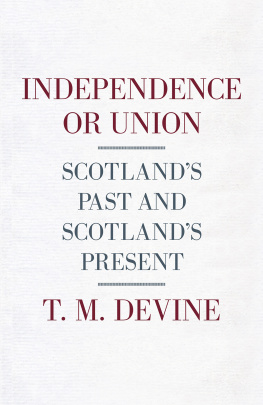

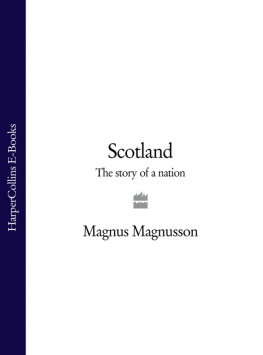
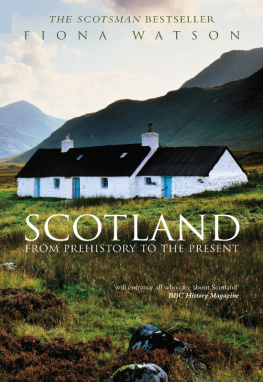
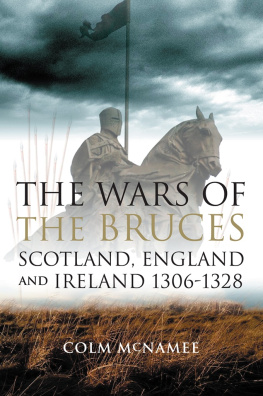


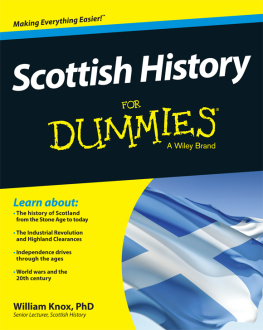
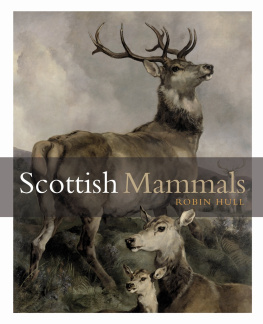
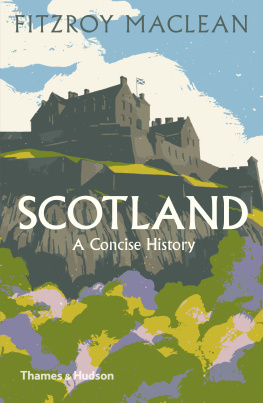
![Watson - Under the hammer : Edward I and Scotland, 1286-1306 [sic]](/uploads/posts/book/103524/thumbs/watson-under-the-hammer-edward-i-and-scotland.jpg)
